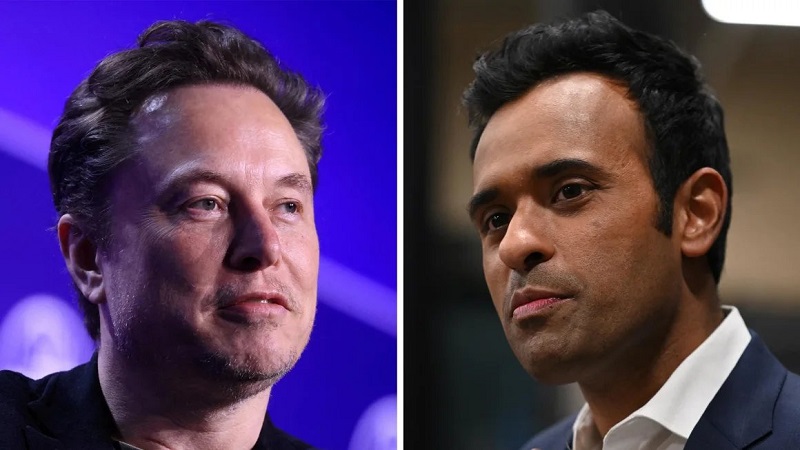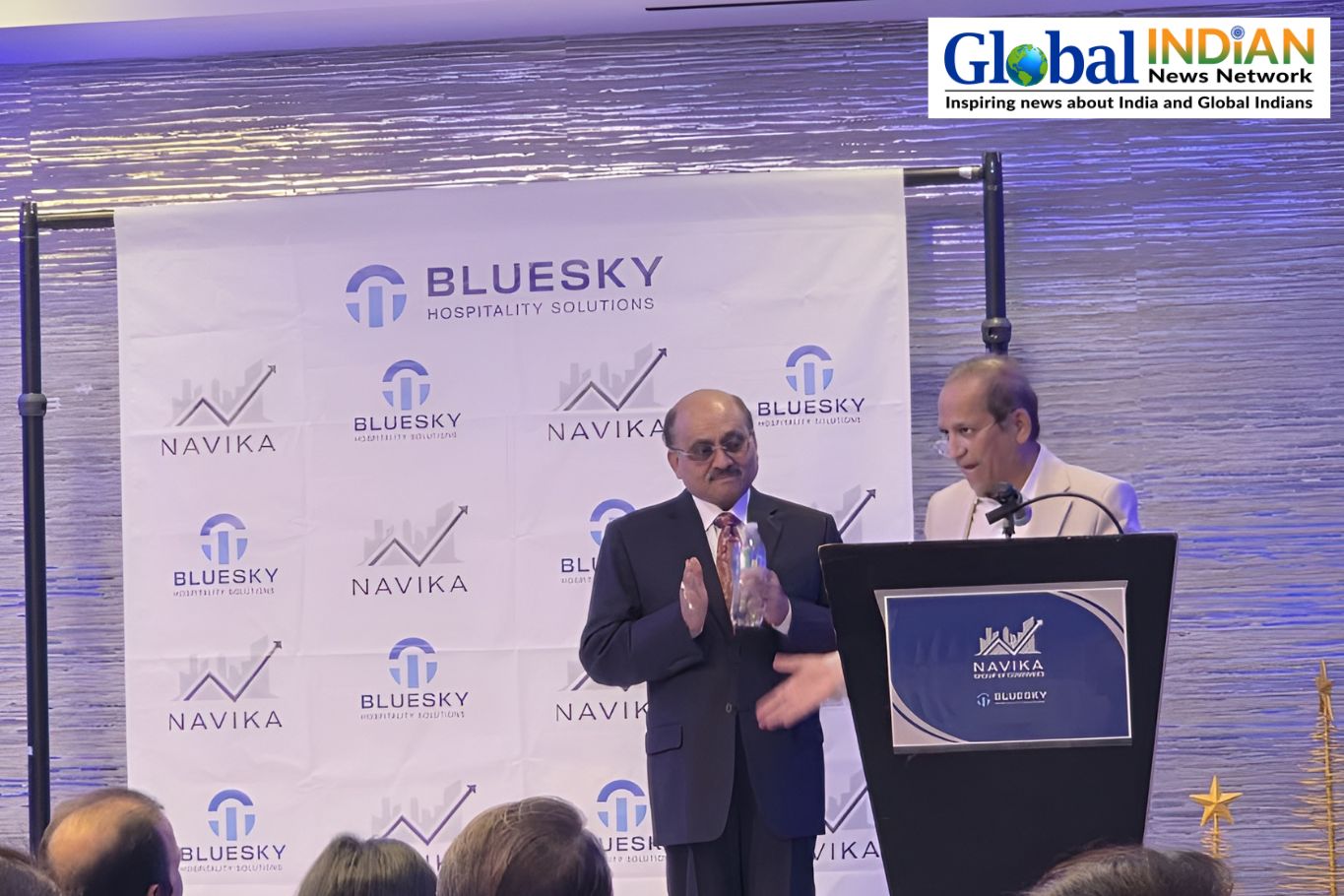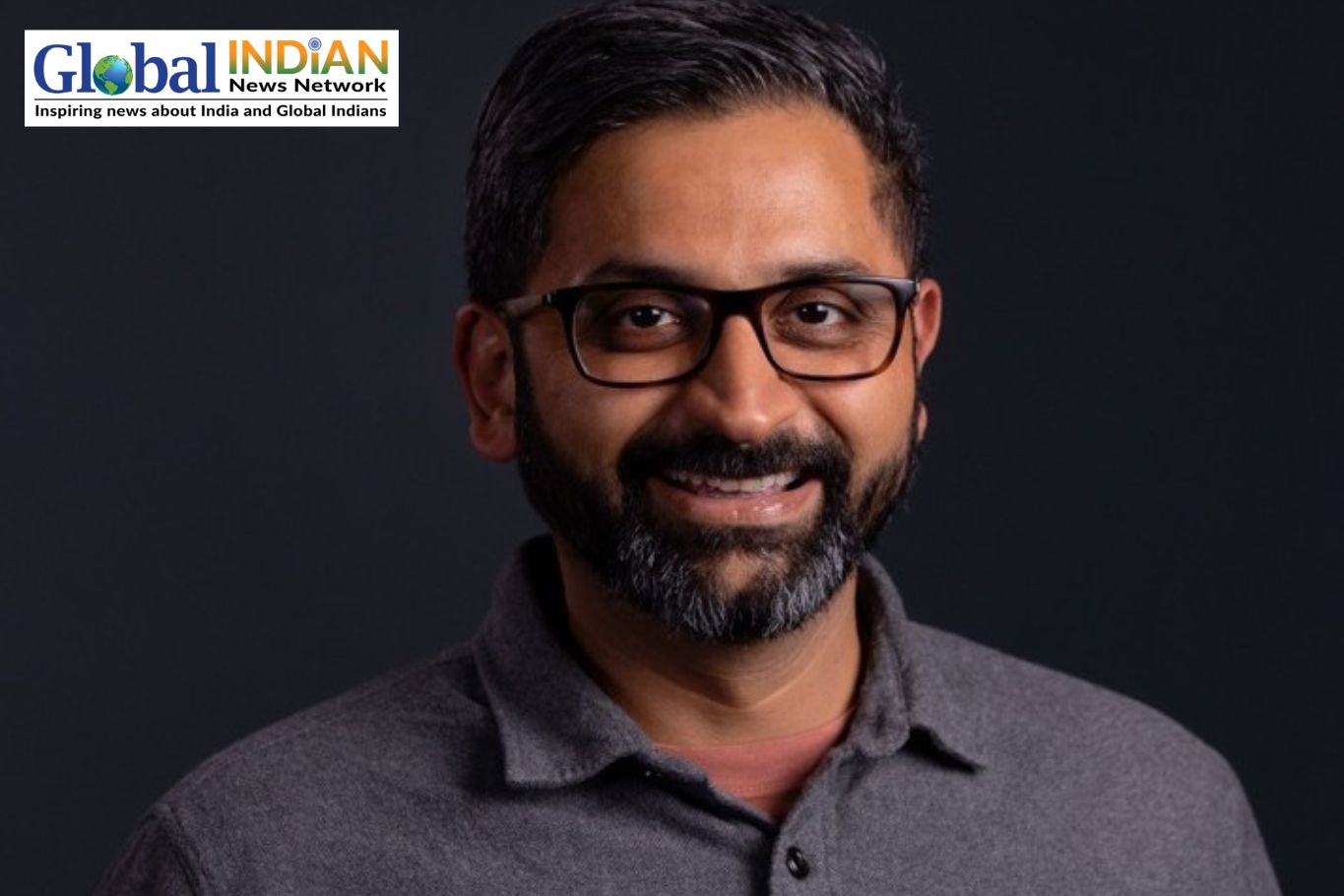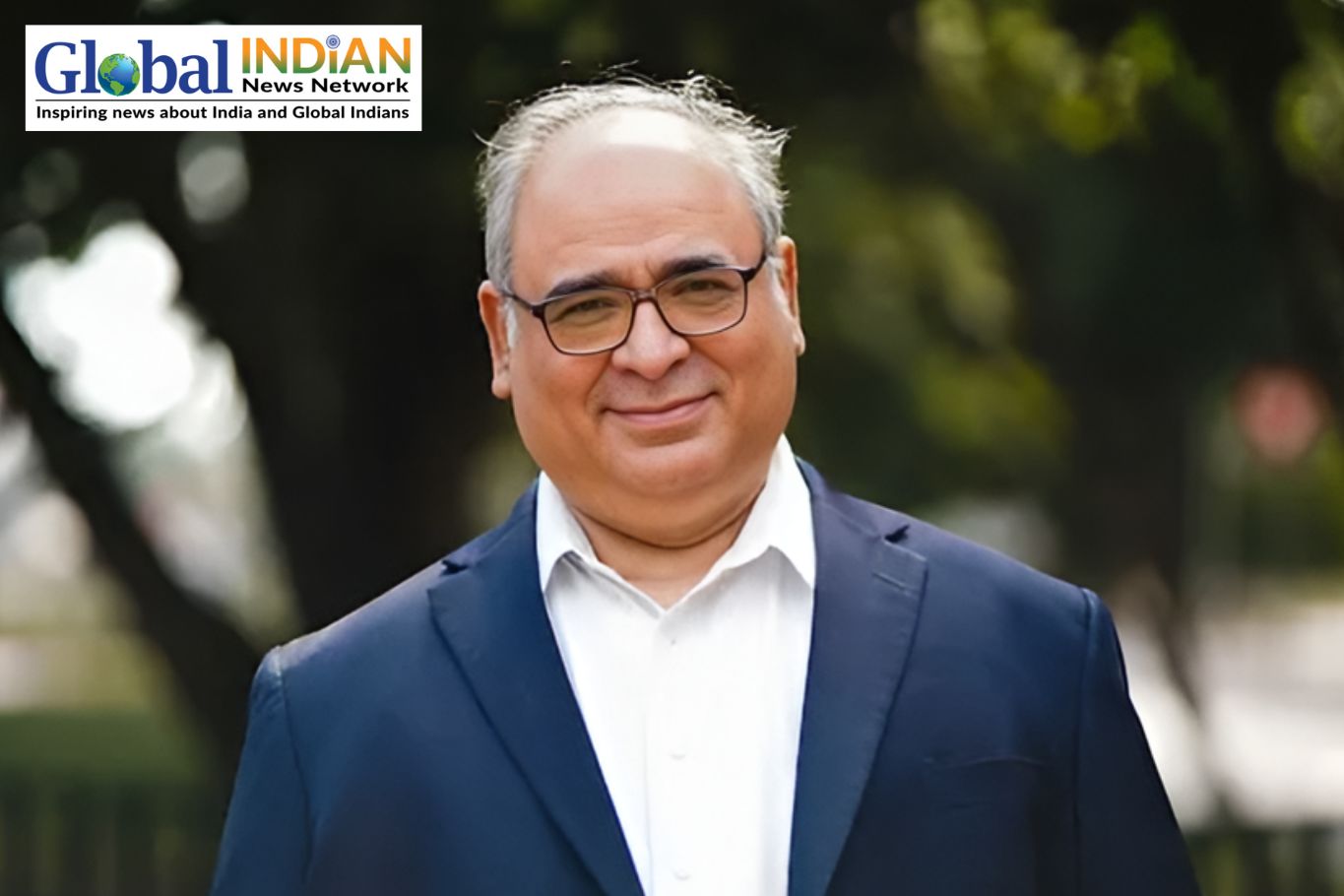
Elon Musk and Vivek Ramaswamy, key figures in President-elect Donald Trump’s push to overhaul the federal government, visited Capitol Hill on Thursday for private discussions with lawmakers. The two entrepreneurs are set to lead Trump’s proposed Department of Government Efficiency (DOGE), a panel dedicated to cutting federal jobs, eliminating programs, and rolling back regulations under his “Save America” agenda for a second term.
House Speaker Mike Johnson invited Musk and Ramaswamy to Capitol Hill to outline their strategy, marking the first step toward securing legislative support for their ambitious plans. This advisory body, free from the typical federal employment checks, is already stirring debate about transparency and accountability.
Rep. Marjorie Taylor Greene highlighted DOGE’s potential to bridge the gap between Congress and executive reforms, while Rep. Aaron Bean announced the formation of a DOGE caucus in the House to track spending cuts and agency eliminations.
Both Musk and Ramaswamy expressed optimism, describing DOGE as a “historic opportunity for structural reductions.” However, critics, including Rep. Ro Khanna, raised concerns about potential cuts to essential programs like Social Security and Medicare, cautioning against undermining politically sensitive initiatives.
While Republicans emphasize government overspending as a key driver of the federal deficit, critics point to tax cuts under previous Republican administrations as contributors. The debate continues as the U.S. grapples with a $1.8 trillion deficit and mounting federal expenditures on programs like Social Security, Medicare, and defense.
Musk, a prominent Trump supporter and billionaire entrepreneur, brings extensive experience with government contracts, while Ramaswamy’s business acumen bolsters their credibility. The duo’s efforts face resistance from Democrats and scrutiny over the balance and inclusivity of their advisory panel.
With bold plans in motion, Trump’s team hopes DOGE will mark a turning point in federal government efficiency, but its success remains uncertain in the face of public and political resistance.









